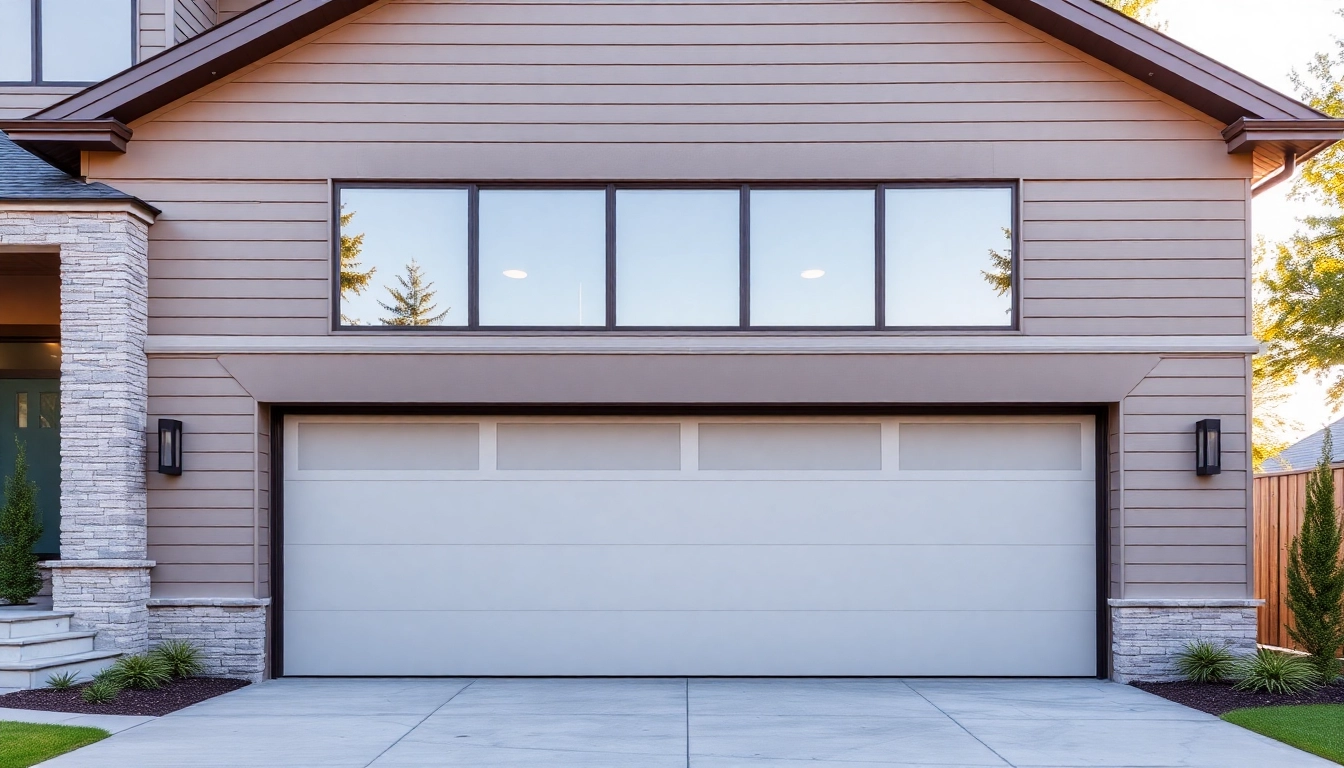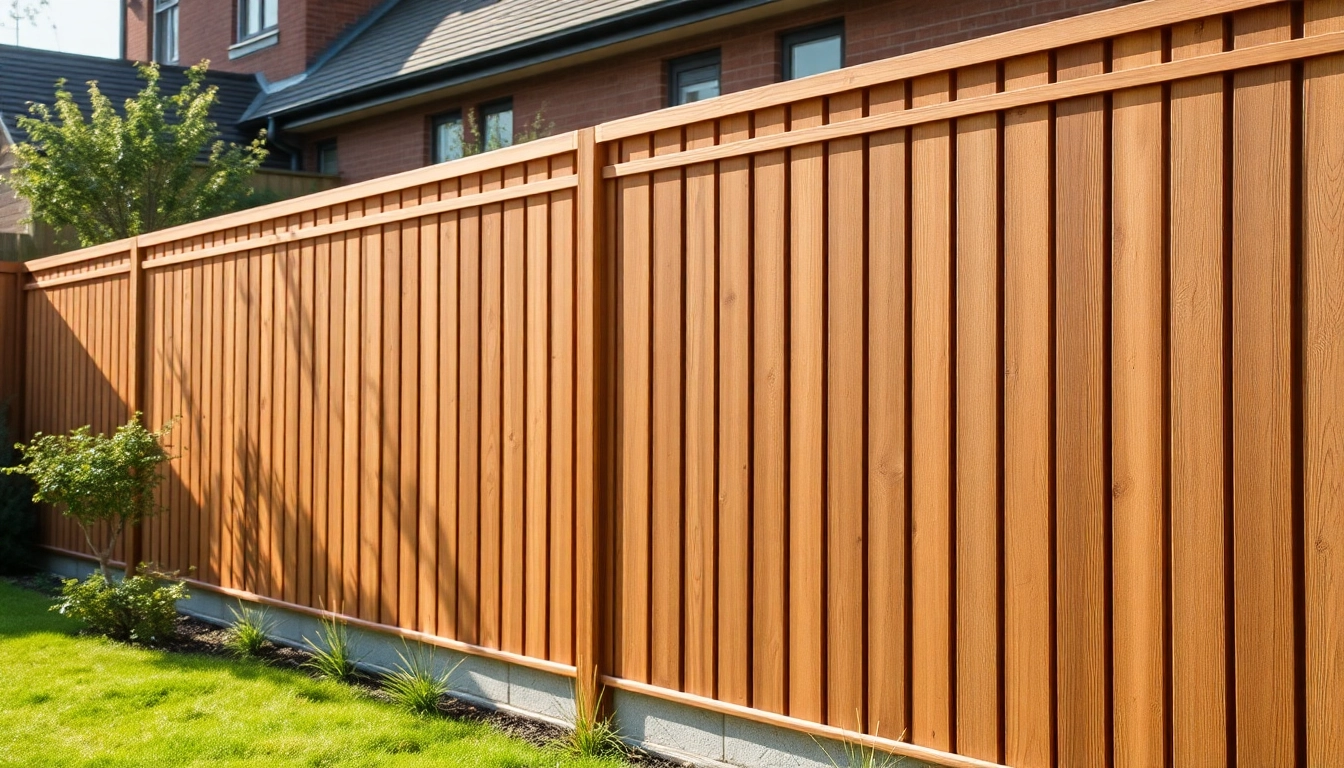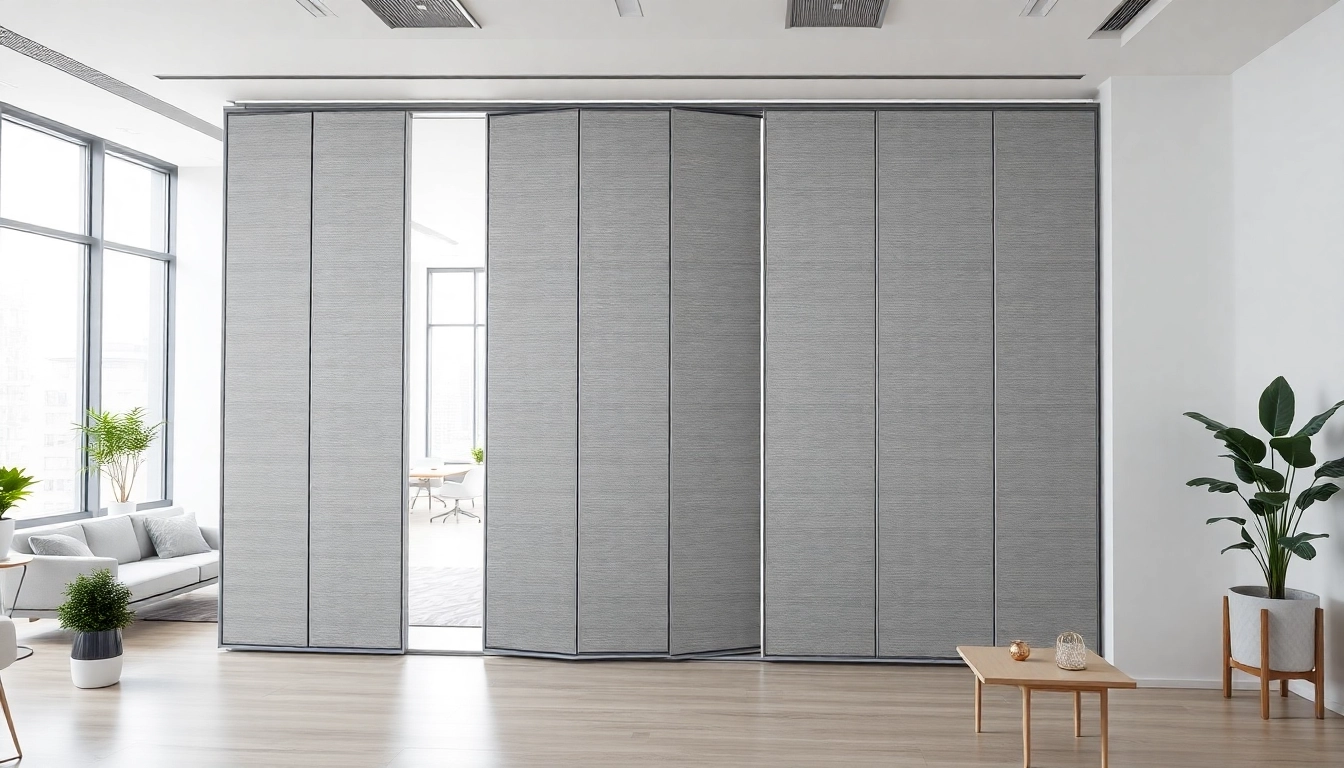Introduction to Custom Garages
Custom garages have become an increasingly popular choice for homeowners looking to enhance their property’s functionality and aesthetic appeal. In an era where personalization is key, the demand for custom garages is rising, allowing individuals to design spaces that reflect their unique needs and style. Whether it’s additional storage, a workshop, or a stylish carport, custom garages can fulfill a wide range of requirements. This article delves into the various aspects of custom garages, including their types, design considerations, and cost factors, offering valuable insights for potential builders.
What Are Custom Garages?
Custom garages refer to tailor-made garage solutions that meet the specific preferences and needs of the homeowner. Unlike standard, pre-fabricated garages, custom garages allow for flexibility in design, size, and functionality. Homeowners can choose various dimensions, layouts, siding materials, roofing styles, and door types to match their house and personal taste. This degree of customization ensures that every garage is not only a practical space but also an extension of the home’s architecture.
Benefits of Custom Garages
- Enhanced Functionality: Custom garages can be designed to accommodate specific functions such as workshops, storage, or even space for hobbies like woodworking or automotive repairs.
- Increased Property Value: A well-designed garage can contribute significantly to the overall value of a property by enhancing its curb appeal and providing practical benefits.
- Personalization: Homeowners have the freedom to choose colors, styles, and features that reflect their personal tastes, making the garage a more welcoming and useful space.
- Durability: Custom garages can be built with high-quality materials that ensure longevity and require less maintenance over time compared to standard garages.
Choosing the Right Design
Selecting the right design for your custom garage is crucial. Homeowners should consider factors such as the architecture of their home, potential zoning regulations, and specific uses for the garage. Opting for a design that flows well with the existing home can enhance overall aesthetics while meeting functionality needs. It is beneficial to consult with architects or builders who specialize in custom garages during the planning phase.
Types of Custom Garages
Detached vs. Attached Custom Garages
One of the first decisions in creating a custom garage is whether to build a detached or an attached garage. Both options offer distinct advantages.
- Detached Garages: These structures are separate from the main house and can be placed strategically on the property. They provide flexibility in design and use, often serving as workshops or storage facilities. Detached garages are ideal for homeowners looking for additional space away from their living area.
- Attached Garages: These garages share a wall with the house, offering convenience for access, especially during inclement weather. They can be designed to match the house’s architecture closely and often provide additional living space, like a mudroom or extra storage.
Garage Styles Explained
Custom garages can be crafted in several architectural styles, with some of the popular options including:
- Modern: Clean lines, large windows, and minimalistic aesthetics mark modern garages. They often use materials such as steel and glass, making them suitable for a contemporary look.
- Traditional: This style complements classic home exteriors, utilizing materials like brick or wood siding, often featuring gabled roofs and shuttered windows.
- Farmhouse: Characterized by a rustic look, farmhouse garages may include barn doors, natural wood materials, and metal accents, fitting well in rural settings.
Popular Materials for Custom Garages
The choice of materials significantly impacts the durability and appearance of custom garages. Popular options include:
- Wood: Offers a classic look and can be customized easily but may require regular maintenance to prevent rot and damage.
- Steel: Known for its strength and durability, steel is also fire-resistant and low-maintenance, making it a popular choice for modern garages.
- Vinyl: This material is maintenance-free and resistant to moisture, making it a great option for a long-lasting garage exterior.
- Brick: Provides a timeless look while being strong and durable but can be more expensive than other materials.
Cost Factors of Building Custom Garages
Labor and Material Costs Overview
When budgeting for a custom garage, understanding labor and material costs is paramount. On average, the cost to build a custom garage can range from $20,000 to $100,000, depending on the size, design, and materials used. Key cost factors include:
- Size: Larger garages naturally require more materials and labor, which increases overall costs.
- Design Complexity: Unique architectural designs and additional features (like windows and skylights) can escalate prices.
- Materials: The choice between premium materials vs. budget options greatly influences final costs.
Cost-Saving Tips for Custom Garages
Building a custom garage can strain your financial resources, but several strategies can help contain costs:
- Plan Efficiently: Start with a clear plan and budget to avoid changes that can lead to unplanned expenses.
- Do-It-Yourself: If you have construction skills, handling part of the project yourself, like painting or basic construction, can save money.
- Opt for Standard Designs: Custom changes to designs can be costly. Consider modifying existing designs to meet your needs without significant redesign.
Budgeting for Your Garage Project
To effectively budget for your custom garage, it’s essential to account for both direct costs (material and labor) and indirect costs (permits, utilities, and landscaping). Here are some steps to guide you:
- Research material prices and contractor quotes in your area.
- Factor in potential permit fees and inspections that comply with local building codes.
- Setting aside 10-20% of your budget for unexpected costs can cushion any financial surprises.
Designing Your Custom Garage
Utilizing Garage Design Tools
Numerous online tools and software programs can streamline the design process for custom garages. These tools allow homeowners to visualize different layouts, styles, and materials, making it easier to finalize decisions. Popular options include 3D design software and home design apps that offer customization features.
Working with Professional Designers
Collaborating with professional designers can enhance the feasibility and aesthetic appeal of your custom garage. These experts bring valuable knowledge regarding space optimization, material selection, and compliance with local regulations. Working with a designer can also provide insights that help avoid common pitfalls during construction.
Creating Functional Spaces in Your Garage
Maximizing functionality is crucial in custom garage design. Some strategies include:
- Built-in Storage: Cabins and shelves can be integrated into the garage to minimize clutter.
- Multi-use Spaces: Consider areas for hobbies or home offices within the garage space.
- Good Lighting: Incorporating natural lighting through windows or skylights can make the garage more welcoming and functional.
Maintenance Tips for Custom Garages
Regular Maintenance Checklists
Keeping a custom garage in optimal condition requires regular maintenance. A helpful checklist could include:
- Inspecting the roof for leaks or damage, especially after heavy rain.
- Cleaning gutters to prevent water damage and ensure proper drainage.
- Checking seals and weather stripping around doors and windows for energy efficiency.
Enhancing Durability with Quality Materials
Choosing high-quality materials can significantly reduce maintenance needs over time. Options like galvanized steel or treated wood can withstand the elements better than lower quality alternatives. Additionally, applying protective coatings and finishes can prolong the lifespan of various materials used in garage construction.
Innovative Storage Solutions to Maximize Space
Effective storage solutions will prevent clutter and improve garage functionality. Some innovative ideas include:
- Wall-Mounted Racks: Utilizing vertical space for tools and equipment keeps the garage organized.
- Modular Storage Systems: These systems can be customized to fit the specific needs of the user and can be rearranged as necessary.
- Overhead Storage: Installing shelves or racks in the overhead space can maximize floor space by moving infrequent use items out of the way.



